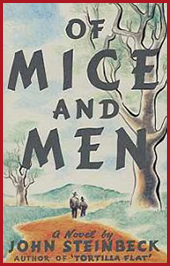Serpent's Tail
2006
 Fatou Diome’s The Belly of the Atlantic is a passionate story about the dream of migration and its harsh reality. Told from the point of view of Strasbourg resident Salie, the novel nonetheless focuses mostly on her brother Madické. Madické lives on the Senegalese island Niodior and dreams of being headhunted to join a big European soccer team. This dream is shared by many of his friends, persisting despite the warnings of Salie and the teacher Ndétare that neither the road to nor the life in Europe is as good as they believe. Continue reading
Fatou Diome’s The Belly of the Atlantic is a passionate story about the dream of migration and its harsh reality. Told from the point of view of Strasbourg resident Salie, the novel nonetheless focuses mostly on her brother Madické. Madické lives on the Senegalese island Niodior and dreams of being headhunted to join a big European soccer team. This dream is shared by many of his friends, persisting despite the warnings of Salie and the teacher Ndétare that neither the road to nor the life in Europe is as good as they believe. Continue reading





